Vasseur stands firm on Ferrari priority call
Ferrari team principal Frederic Vasseur defends controversial team orders in Miami GP, emphasizing their "Ferrari first" philosophy despite frustrations from both Leclerc and Hamilton following tactical position swaps.
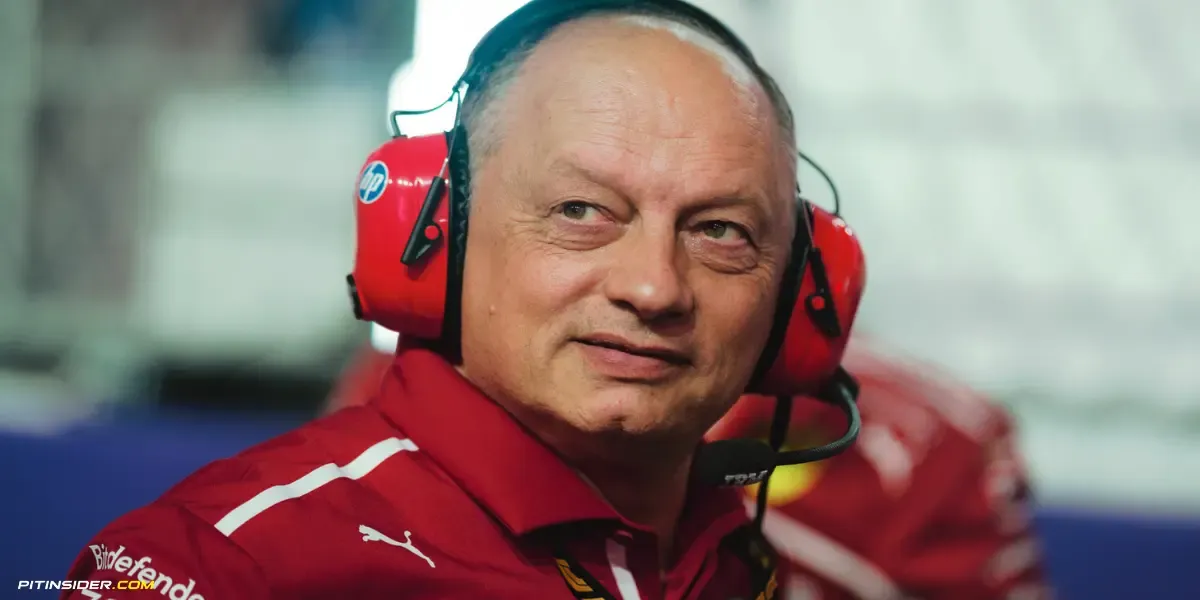
Ferrari team principal Frederic Vasseur has firmly stood by the team's controversial mid-race driver swaps at the Miami Grand Prix.
He emphasized that the decisions aligned with their "Ferrari first" philosophy despite causing clear frustration for both Charles Leclerc and Lewis Hamilton.
The Italian team orchestrated a tactical exchange during Sunday's race, instructing Leclerc to yield seventh position to Hamilton.
The strategy aimed to leverage Hamilton's medium tires in an attempt to chase down Mercedes rookie Andrea Kimi Antonelli in sixth place.
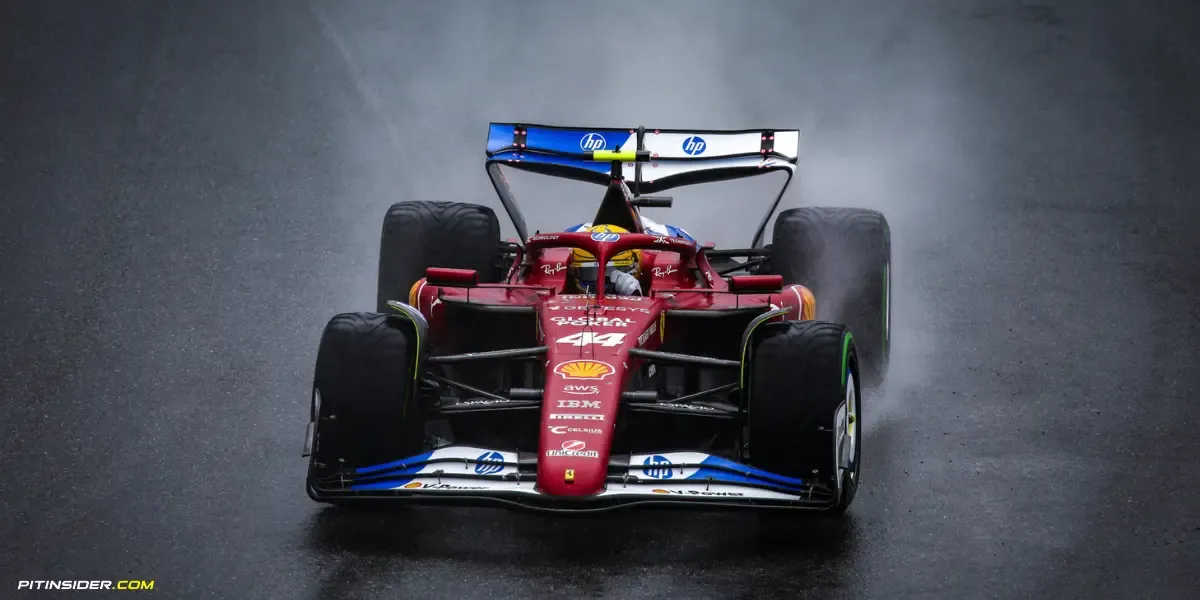
When Hamilton failed to make significant progress against the young Italian driver despite reducing the gap briefly, Ferrari reversed the positions.
Leclerc regained seventh but couldn't mount a successful challenge against Antonelli before the checkered flag.
Strategic tire gamble falls short
The strategy centered around Hamilton's fresher medium compound tires, which Ferrari hoped would provide the performance edge needed to close the gap to Antonelli.
The medium tires theoretically offered better pace at that stage of the race compared to Leclerc's worn rubber.
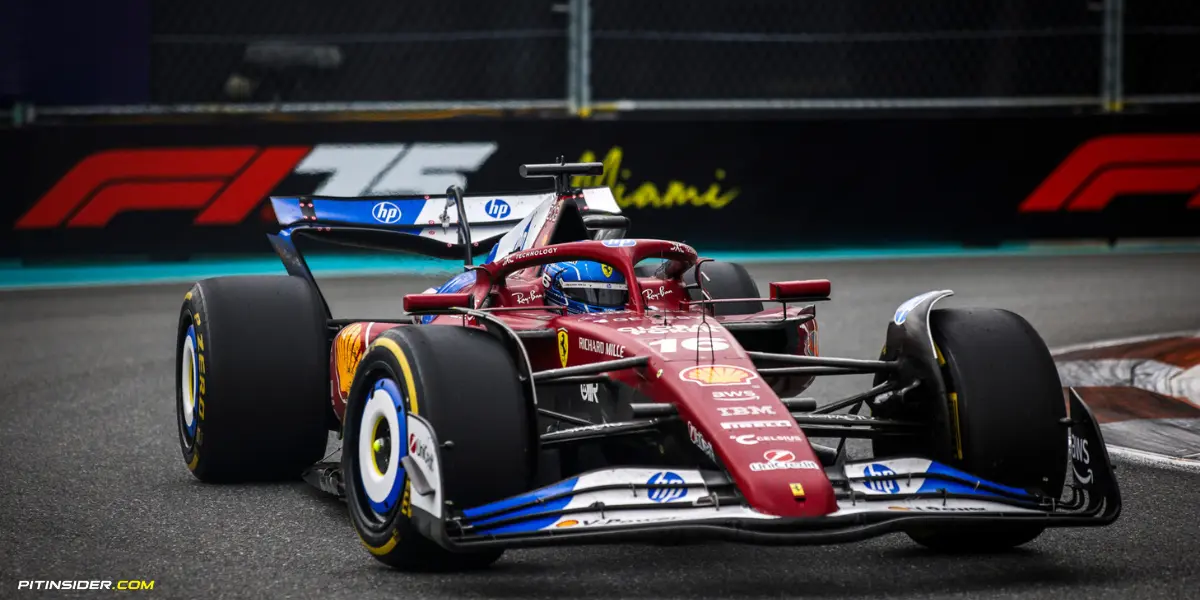
"We have a general policy and we follow the policy,"
Vasseur explained in his post-race comments.
"The question is not to swap and to swap back if you don't get the guy who is in front of you."
Driver frustrations bubble to surface
Both Ferrari drivers expressed dissatisfaction with the tactical decisions. Hamilton suggested the team acted too slowly in making the calls, while Leclerc voiced discomfort with the situation, particularly given the proximity of teammate Carlos Sainz.
Vasseur acknowledged the drivers' frustrations but remained resolute that the team's approach was correct.
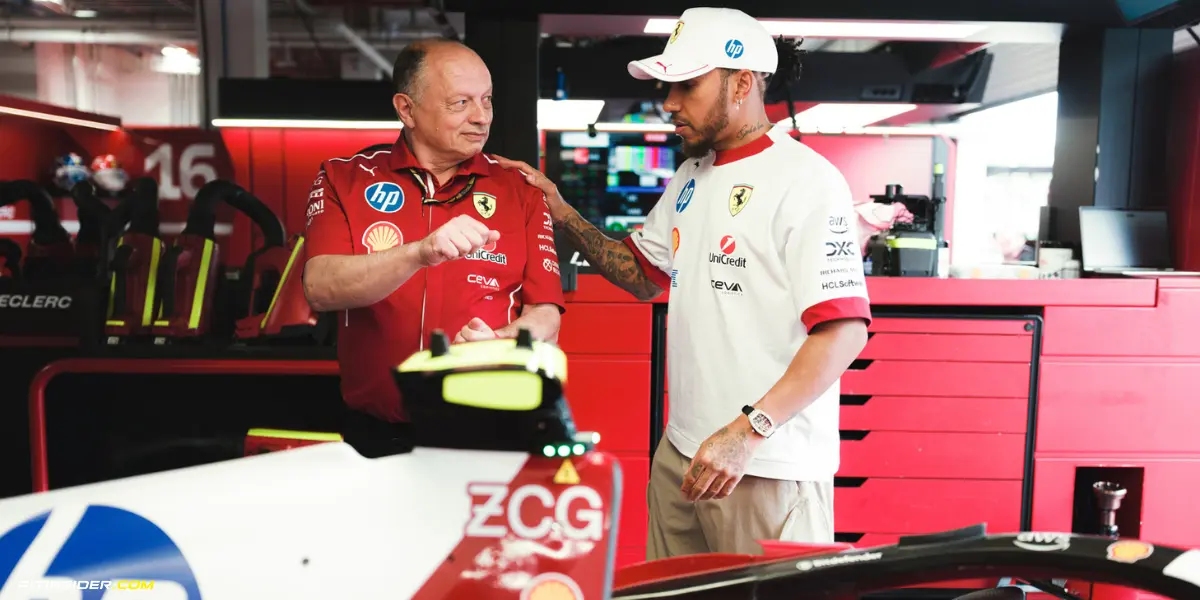
"I had a discussion with Lewis and I can perfectly understand the frustration. They are champions. They want to win races. We are asking them to let their team-mates go. It's not easy."
The Frenchman emphasized that Ferrari was one of few teams willing to make such difficult calls.
"I didn't see another team do it today. That is why we took the responsibility to do it because it's the policy of the team. We are racing for Ferrari first."
The timing of the swap decisions came under particular scrutiny. However, Vasseur defended the process, explaining that the team needed to carefully analyze whether trailing cars were genuinely faster or merely benefiting from DRS assistance.
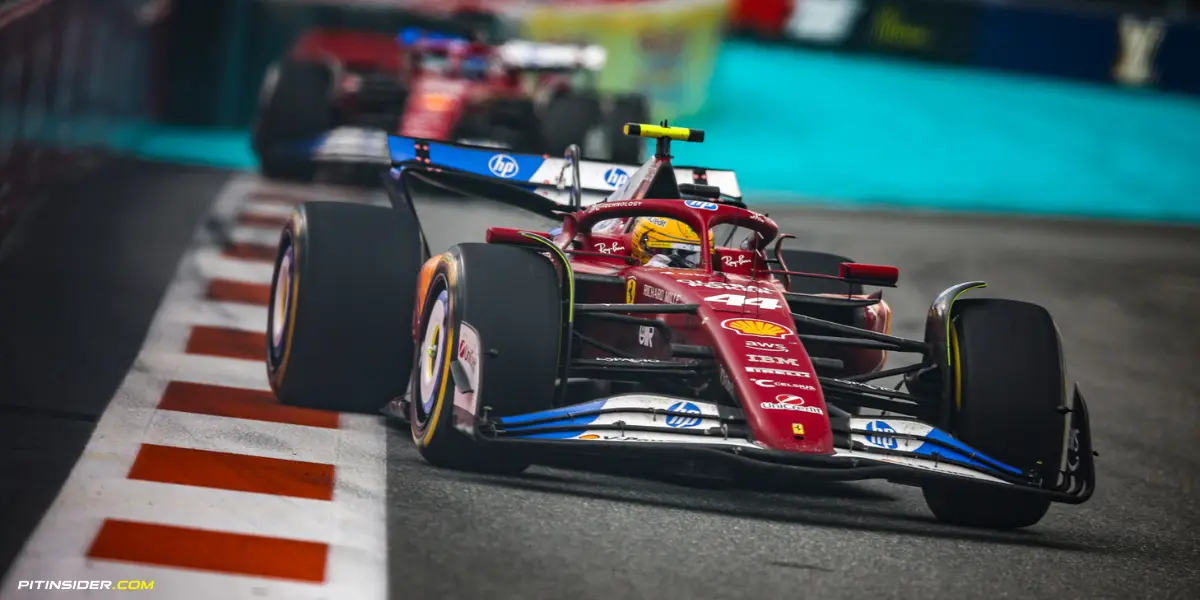
"When you are on the pitwall and you have to understand if the car who is behind is faster than the car in front just for DRS or not, it's not an easy call,"
he said.
"It's always much easier to do it two hours later."
Vasseur also pointed out that broadcast delays in team radio transmissions may have presented a distorted picture of the scenario.
He noted that communications with drivers include various information about car setup and other technical elements, making precise timing of tactical instructions challenging.
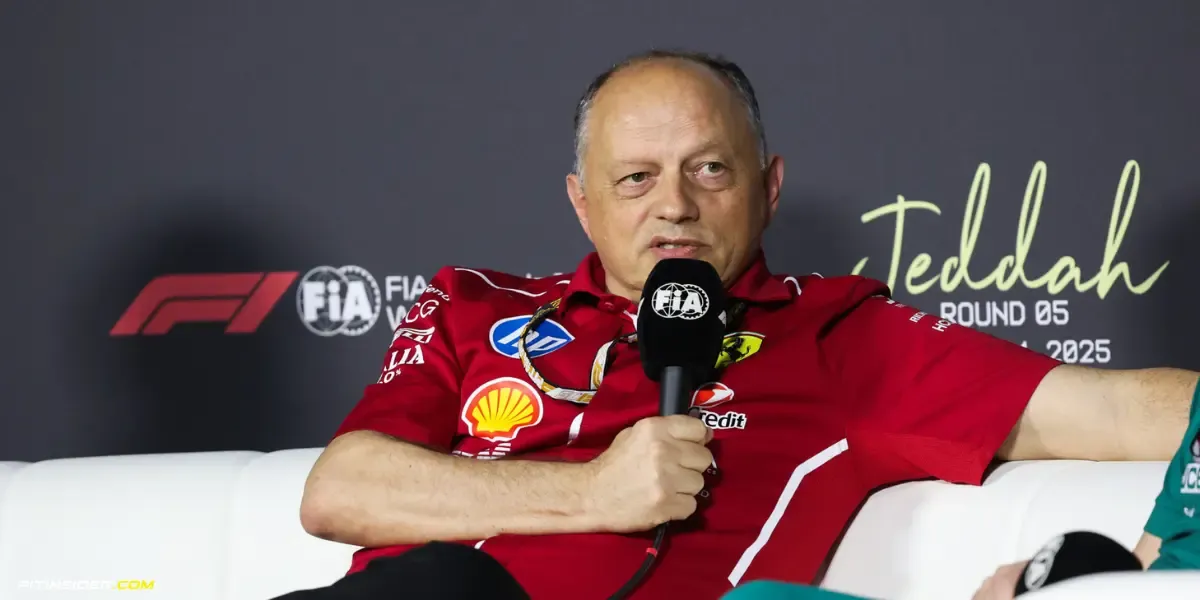
"The radio transmission, first we have to understand that it's FOM who is managing the delay; it means that sometimes we are asking them something and you have it live half a lap later or one lap later," Vasseur clarified.
Despite the controversy, Vasseur believes Ferrari executed its strategy appropriately.
"Honestly, I think as a team, we did a good job. You can always argue that it would have been better to do it half a lap before or half a lap later, but honestly, we did the job."
Decision-making under pressure
The team principal confirmed that post-race discussions with the drivers were "much more relaxed" than the heated radio exchanges heard during the Grand Prix, suggesting that cooler heads ultimately prevailed.
"But the radio transmission, first we have to understand that it's FOM who is managing the delay,"
Vasseur clarified, highlighting how broadcast timing can distort the perception of team communications.
"Sometimes we are asking them something and you have it live half a lap later or one lap later."
Ferrari's team orders in Miami highlight the delicate balance teams must strike between individual driver ambitions and overall team strategy.


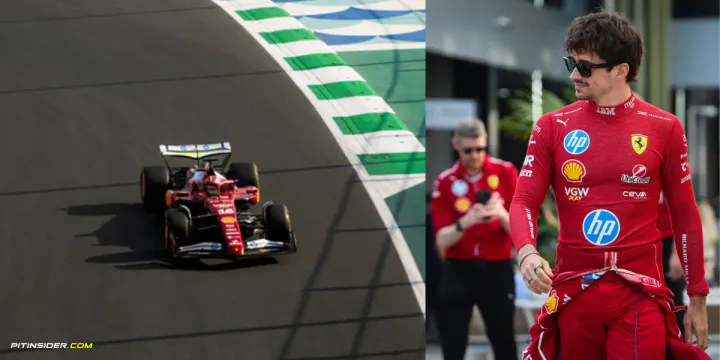
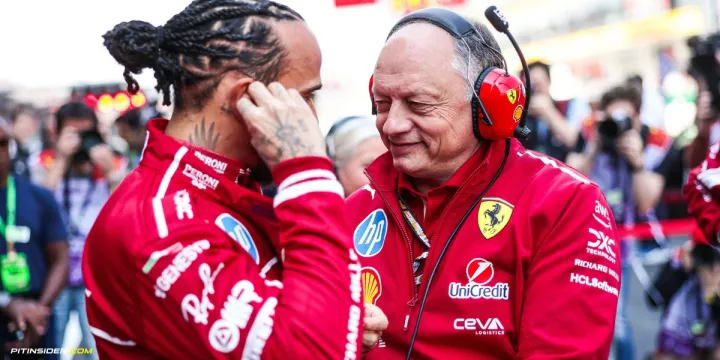
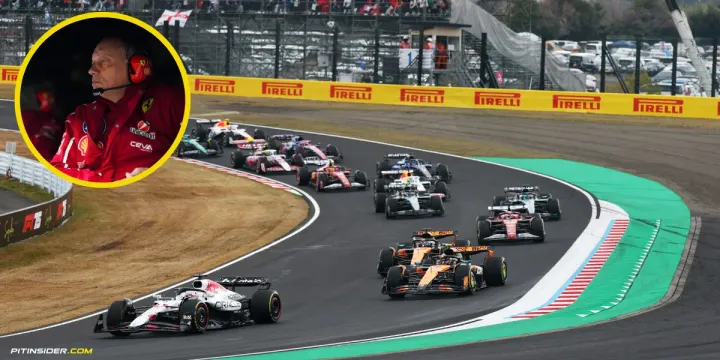
Comments ()